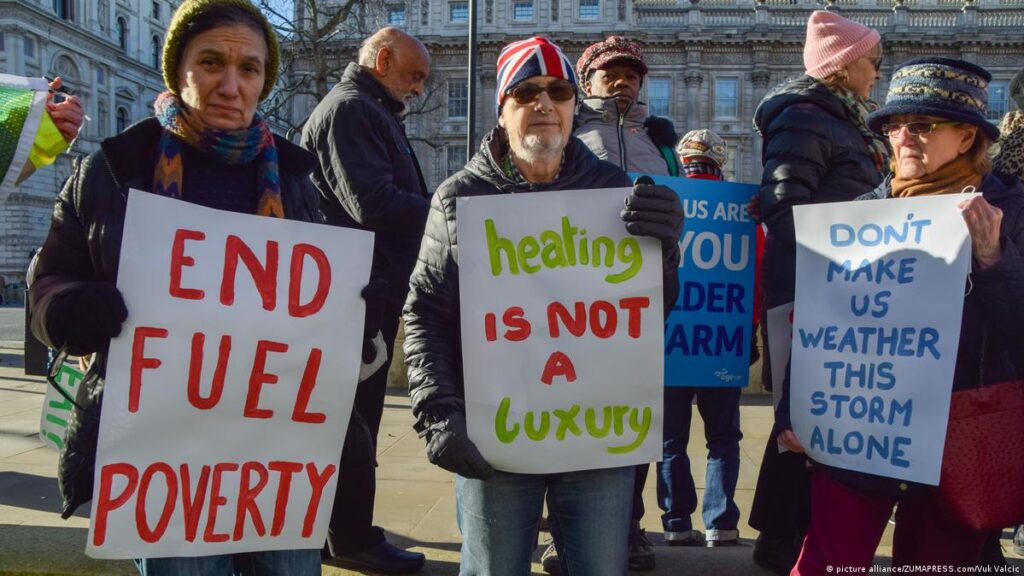The IMF stated on Tuesday that Britain is the only major economy that is likely to enter a recession this year. It predicted that household spending in the UK will deteriorate due to high energy prices, rising mortgage expenses, and increased taxes.
The fund said the picture has improved globally and updated its predictions for the majority of the main economies. However, it noted that the UK was an exception and predicted that between the fourth quarter of 2022 and the fourth quarter of this year, the British GDP will contract by 0.5%.

According to IMF projections, even Russia’s GDP, which is expected to increase by 1% this year, would likely outperform the UK’s.
The UK could experience a “severe correction” in 2023, according to Pierre-Olivier Gourinchas, chief economist at the IMF, who also noted that the nation faced “a rather hard situation.”
The IMF revised its October forecast of 0.2% increase for this year to a prediction that UK output will decrease by 0.5% in 2023. The fund, however, increased its prediction for the world economy over the same time period by 0.5 percentage points.
According to Gourinchas, the economies of the eurozone have been “very resilient,” whereas the US has a “narrow road” to avoid recession due to declining inflation and barely noticeable increases in unemployment.
The IMF also believes that Beijing’s decision to abandon its zero Covid policy will enable China to grow by 5.9% this year, which is more than double the country’s projected rate of 2.9% in 2022.
The IMF’s forecast, according to UK chancellor Jeremy Hunt, demonstrated that the UK was “not immune to the difficulties striking practically all advanced economies.” He also said that, if it achieved its target of halving inflation, Britain will likely surpass Germany and Japan in the next years.
Gourinchas, however, claimed that UK households and businesses were uncharacteristically exposed to high energy prices. As the Bank of England continues to boost interest rates to combat inflation, which, while obviously beyond its peak, was still 10.5% in December, he predicted that borrowers would also be impacted by higher mortgage rates this year.
On Thursday, the Bank of England is predicted to raise interest rates by 0.5 percentage points, bringing them to 4%.
Gourinchas also mentioned issues brought on by the labor market in Britain. Following the peak of the pandemic, there has been an increase in job seekers in other European nations, which has boosted growth and kept price hikes under control.

This has not held true to the same extent in the UK, where post-Brexit labor shortages and a greater unwillingness to rejoin the workforce have both had an impact.
On Thursday, the BoE will update its own projections and is expected to come up with numbers that are comparable to those of the IMF. That would be a change from the gloomy forecast the central bank gave in the beginning of November, when wholesale gas prices were much higher than they are now.
The BoE predicted in November that the growth domestic product will decline 1.9% between the fourth quarter of 2022 and the corresponding period this year.




